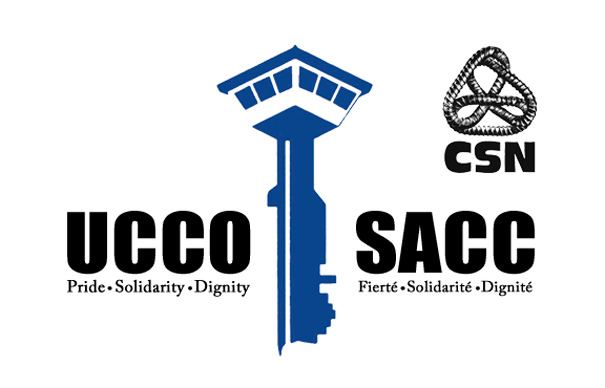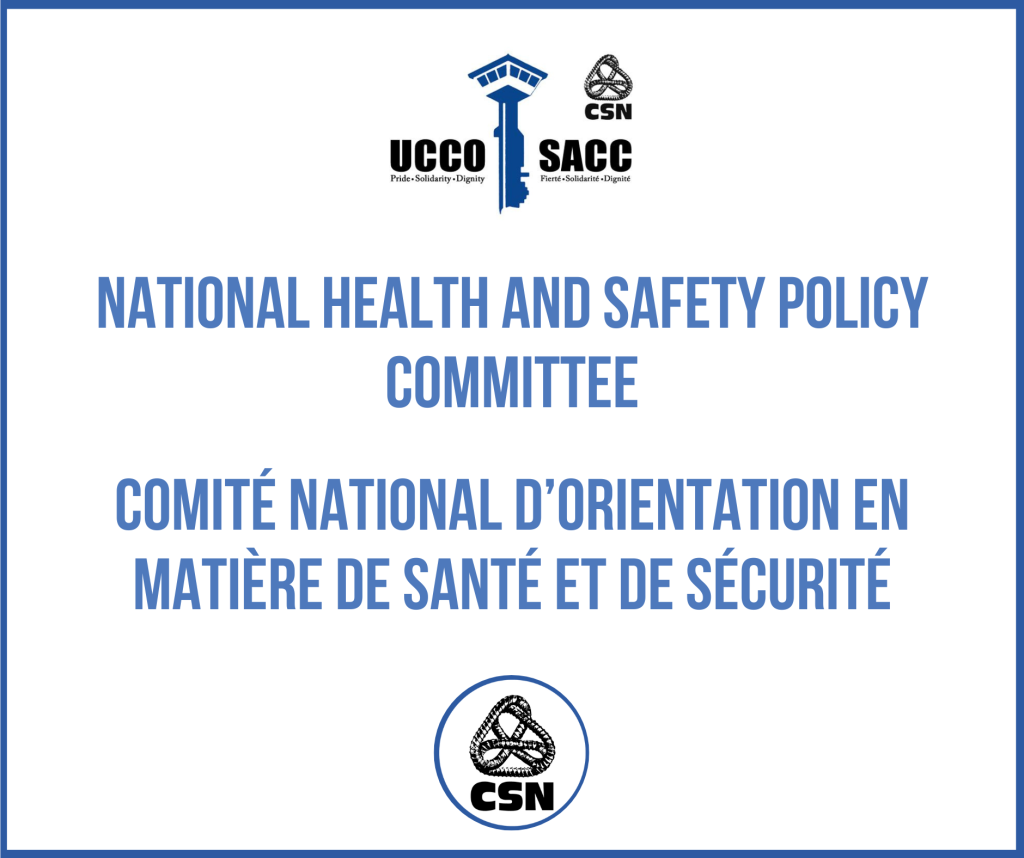At the latest meeting of the National Health and Safety Policy Committee (NHSPC), the central item on the agenda was the presentation of Dr. Lynne Leonard’s final evaluation report on the Prison Needle Exchange Program (PNEP) and Overdose Prevention Services (OPS). Dr. Leonard was mandated by CSC to conduct an evaluation of the PNEP and OPS programs. The findings raise serious concerns about PNEP’s safety and program effectiveness.
Safety Concerns: PNEP Kits Used as Weapons
CSC claims that 537 inmates have participated in the PNEP since its launch. But the report reveals that only 299 inmates have exchanged kits, and many apply just to keep a kit “in their back pocket”, not to use drugs or access services, but for personal protection or institutional currency.
Correctional officers and health care staff report concerns that PNEP kits can be used as weapons, particularly in defensive situations. This raises serious questions about the security risks posed by distributing needles in cells. Despite CSC’s claim that no needle-stick injuries have been reported, we continue to express concern about the lack of protective measures and the potential for violence.
HIV and HCV Rates: OPS vs PNEP
One of the most interesting findings is the difference in infection rates between institutions with PNEP and those with OPS.
Originally, while the PNEP was forced upon CSC by the courts, UCCO-SACC-CSN advocated for the use of a better solution: the OPS. It is the union’s position that an OPS meets and even exceeds PNEP’s harm reduction targets while providing a much safer work environment for correctional officers by eliminating circulation of needles provided to the inmates in the institution.
Interestingly, it was found in Dr. Leonard’s report that the OPS was indeed more effective at harm reduction. In fact, PNEP sites saw an increase in HIV and HCV incidence after implementation, while OPS sites saw a decrease in both HIV and HCV incidence.
Considering these new findings, it appears that OPS is more effective at both safety and harm reduction, making it the better program. Of course, it is also more costly and complicated to operate, but UCCO-SACC-CSN will continue advocating for the replacement of PNEP by OPS in all sites; the Employer should make investing in its employees’ safety a priority.
Recommendations You Should Know About
Dr. Leonard’s report includes over 20 recommendations. Here are four that could directly impact us if adopted by the Employer:
- Recommendation 2: CSC must revise how PNEP kits are monitored to reduce stigma and protect inmate confidentiality;
- Recommendation 12: Implement a supervised tattooing program to reduce HCV transmission from shared tattoo equipment;
- Recommendation 13: Provide biodegradable paper straws for safer snorting and make them available to all inmates, not just PNEP participants;
- Recommendation 15: Distribute high-quality foil for safer smoking practices, replacing the commercial foil currently used, deemed as dangerous.
These recommendations, if adopted, suggest a troubling shift from harm reduction as a health intervention, to drug use as a normalized part of institutional life. The union is deeply concerned that this approach could undermine institutional safety, increase risks to staff, and erode the integrity of correctional operations and rehabilitation.
We urged CSC to consult with union representatives to understand and provide feedback to the recommendations made by Dr. Leonard or before implementing any measures that could compromise safety or security. Harm reduction must be balanced with accountability, oversight, and a clear commitment to rehabilitation, not normalization of drug use.
The report also recommends an increase in access to mental health and addiction counselling services in institutions with OPS to support inmates beyond harm reduction; we believe this type of recommendation, geared toward rehabilitation, is much more productive than enabling drug use inside our walls.
UCCO-SACC-CSN will continue to monitor CSC’s response to these findings and advocate for correctional officers’ health and safety.
NHSPC’S mandate to review policies
At the last meeting of the NHSPC, your union reminded the Employer that it has a legal obligation to consult with us before implementing or revising any policies that affect health and safety in the workplace.
Despite this requirement, the Employer has not consistently consulted the NHSPC when enacting new policies or modifying existing ones.
Your union will continue to ensure that any policy change impacting the health and safety of our members is reviewed by the NHSPC. We are committed to holding the Employer accountable and making sure that our workplaces remain as safe as possible for all employees.

